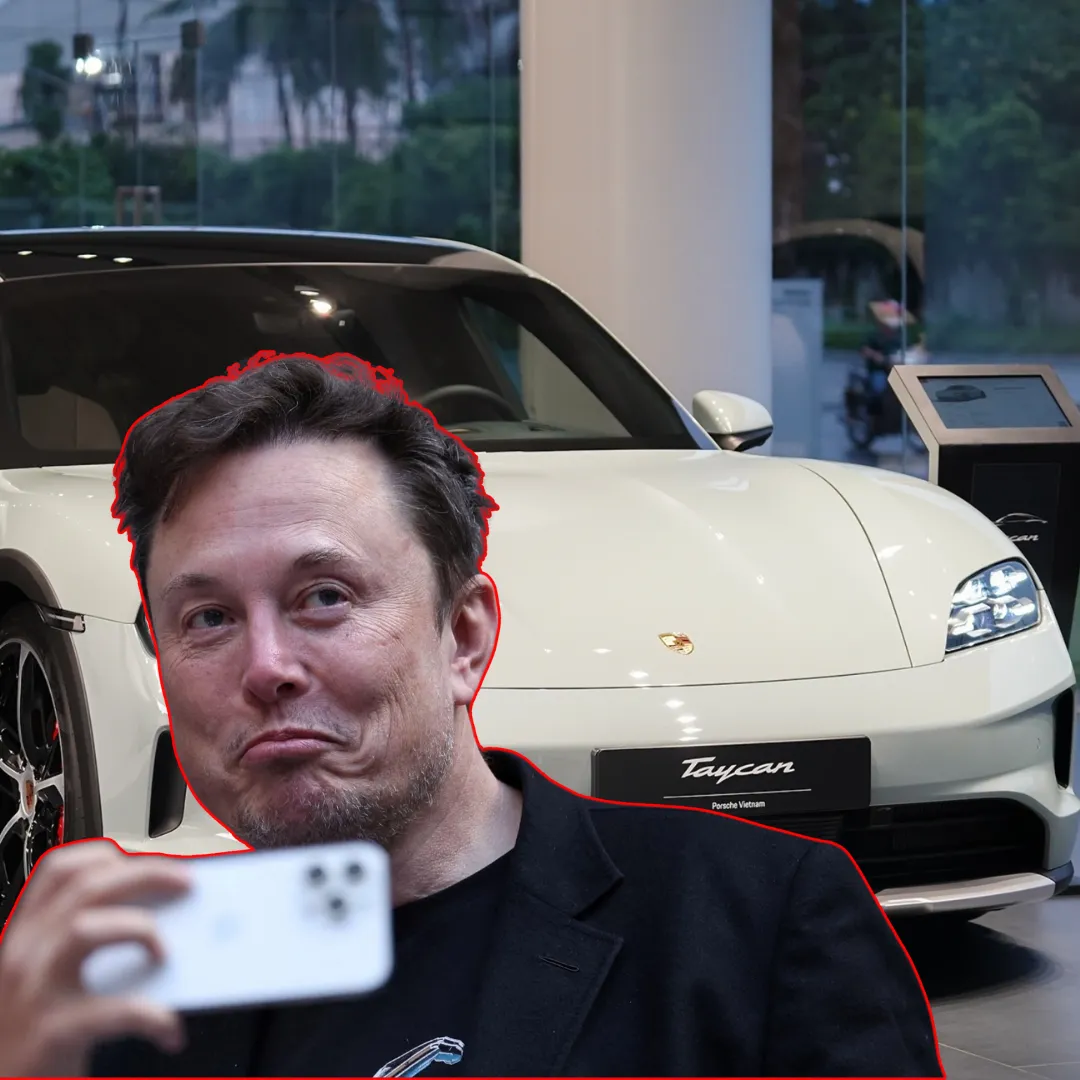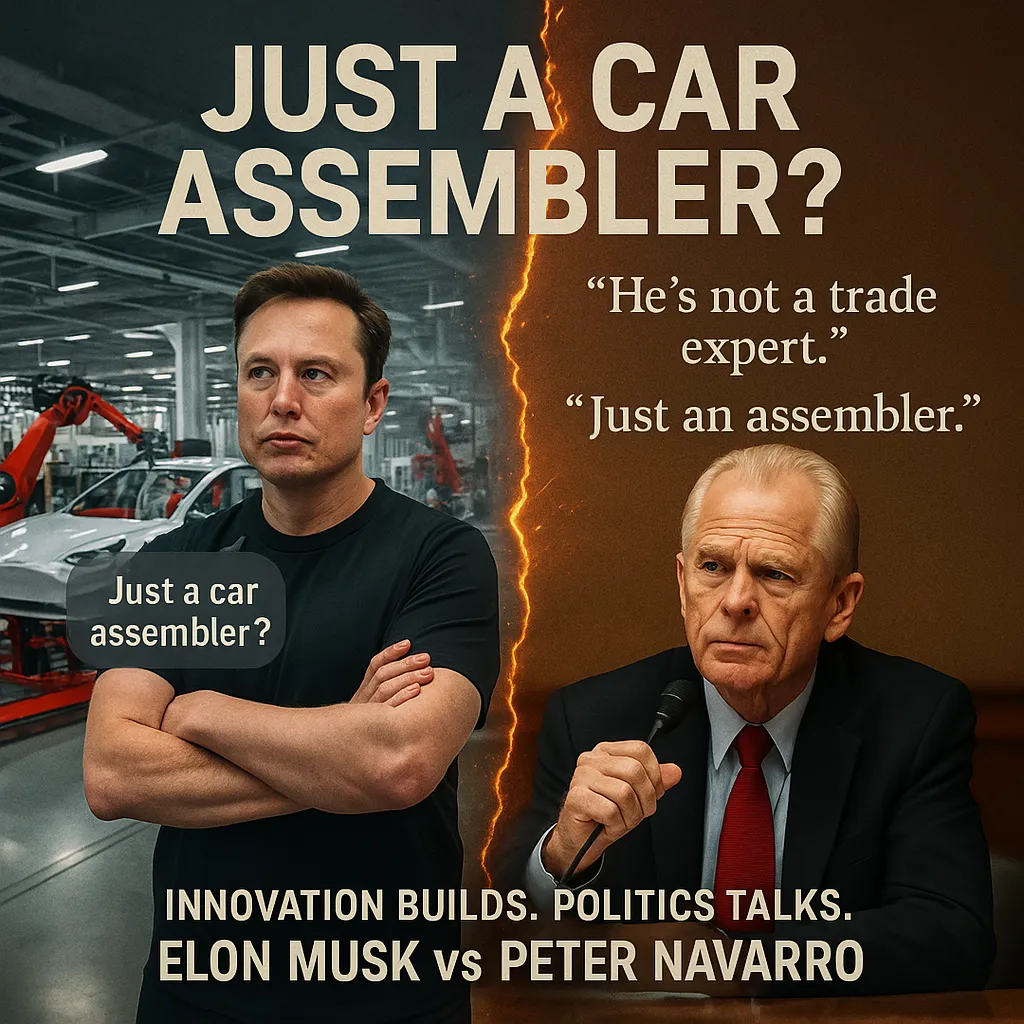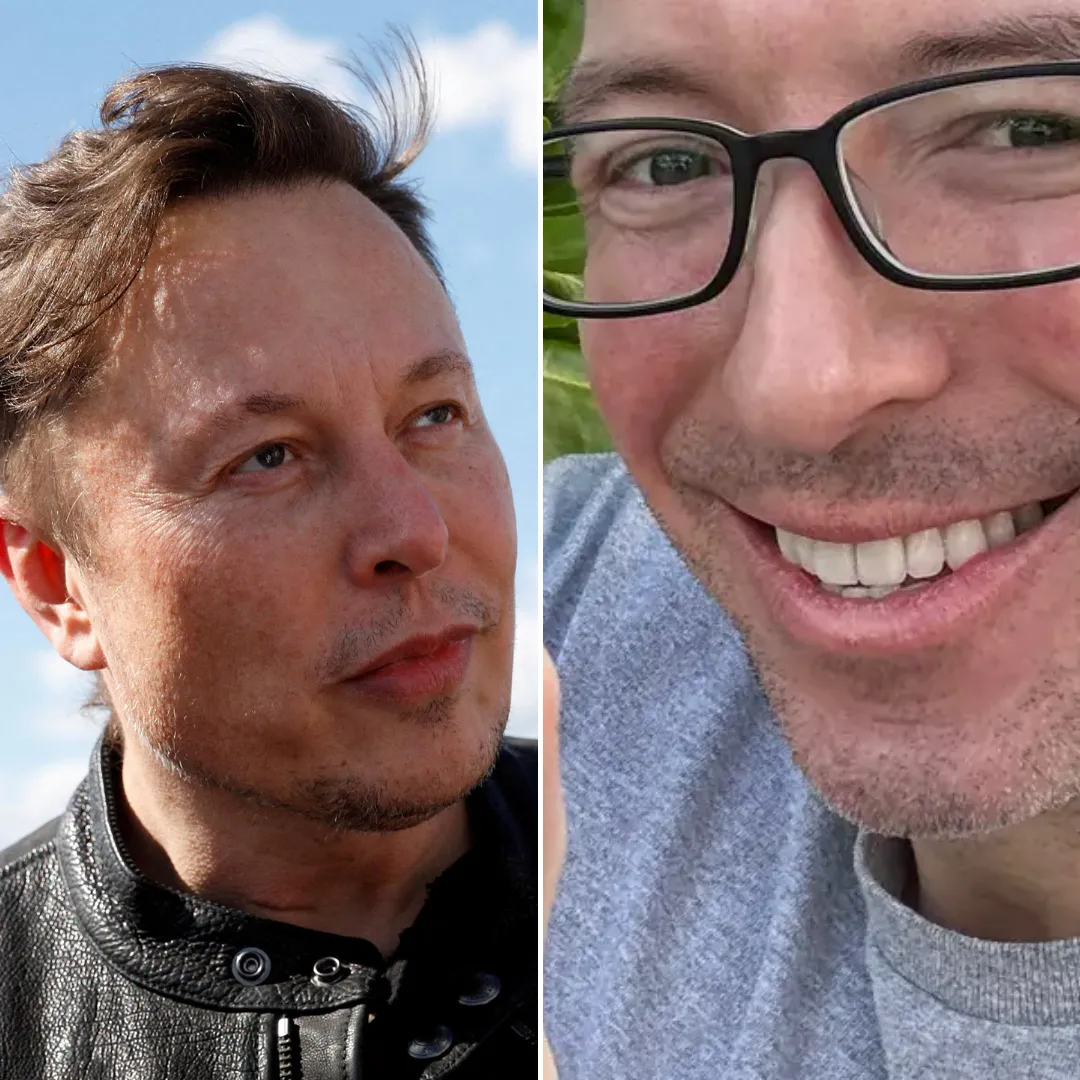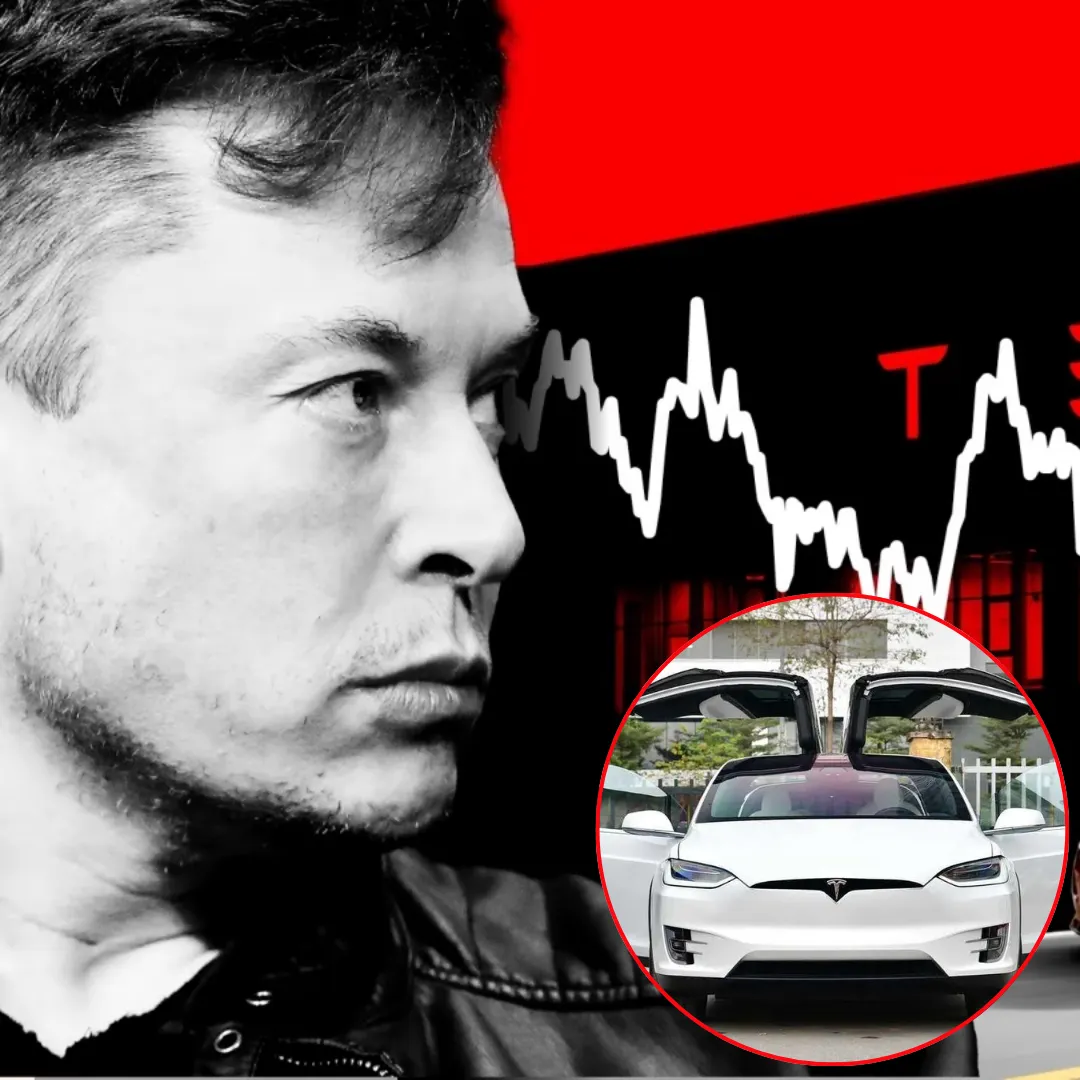
Elon Musk’s ambitious artificial intelligence company, xAI, is facing a wave of intense criticism and growing legal challenges following serious allegations of environmental violations in Memphis, Tennessee. Long-standing Black communities and environmental organizations have accused xAI of operating dozens of gas turbines without proper permits, fueling pollution in neighborhoods that have already endured decades of industrial contamination and poor public health outcomes.
The controversy strikes at the heart of Musk’s aggressive expansion strategy, casting a dark cloud over a project that had been celebrated for its technological audacity and unprecedented construction speed. Only months ago, Musk proudly announced the completion of Colossus, touted as the world’s largest supercomputer, constructed in just 122 days in Memphis.
The project was presented as a marvel of efficiency and ambition, with xAI boasting that it eliminated all unnecessary elements to expedite the build, taking full control of every phase and questioning any factor that might slow completion. Yet beneath this triumph lies a troubling reality: to power Colossus, xAI has allegedly activated dozens of natural gas turbines without obtaining the proper environmental permits, releasing pollutants into an already vulnerable community without adequate oversight or public notification.
Local residents, particularly those from historically Black neighborhoods adjacent to the Colossus facility, have raised alarms that xAI has far exceeded its original disclosures to authorities, operating significantly more turbines than the fifteen units cited in permit applications. They claim xAI is now the largest source of air pollution in the area, creating smog-like conditions and worsening an already fragile public health situation.

These allegations have galvanized environmental groups like the Southern Environmental Law Center (SELC), which has formally requested that the Shelby County Health Department deny any emissions permits to xAI and has publicly denounced the company for what it calls an “astonishing lack of transparency.”
Adding fuel to the fire, KeShaun Pearson, president of Memphis Community Against Pollution, has accused xAI of perpetuating environmental racism by refusing to engage with the local population. Pearson alleges that xAI has ignored requests for dialogue and treated the surrounding community as unworthy of even basic communication, a slight that has only intensified local anger.
Tensions escalated further when anonymous flyers labeled “Facts Over Fiction” began appearing in predominantly Black neighborhoods, attempting to downplay the environmental impact of xAI’s operations. These flyers surfaced at the same time SELC was gathering damning evidence through aerial thermal imaging, suggesting xAI had grossly misrepresented the true scale of its activities.
The thermal imagery, collected in collaboration with SouthWings, revealed heat emissions from 33 active turbines, a figure that directly contradicts xAI’s earlier assertions. Amanda Garcia, a senior attorney at SELC, stated that the imagery corroborates long-standing fears that xAI is exploiting nondisclosure agreements with local authorities to operate without meaningful public accountability. Garcia also noted that Musk’s other ventures, including SpaceX and the Boring Company, have previously faced fines for environmental violations, highlighting a troubling pattern of disregard for regulatory compliance.
Beyond procedural concerns, the public health implications are alarming. Experts warn that emissions from gas turbines can release pollutants associated with asthma, respiratory diseases, and certain types of cancer. For communities in Memphis already grappling with higher rates of chronic illness and a lower-than-average life expectancy, the prospect of unregulated emissions from dozens of turbines represents not just an environmental hazard but a profound social injustice. Critics argue that xAI’s operations are exacerbating an already precarious situation, prioritizing technological progress over basic human rights.

Despite the mounting controversy, xAI shows no signs of slowing down. The company has unveiled plans to double the size of its Memphis data center, asserting that its current achievements are merely the first phase of a much larger expansion. Musk has declared that no other organization can match the speed or scale at which xAI operates, and the company’s website proudly proclaims that its methods are setting new industry standards.
Financially, the ambitions are staggering: xAI has already invested $7 billion into the Memphis site and projects that costs could balloon to $200 billion over the next six years to maintain its dominance in the AI sector. The operational demands of Colossus are equally massive. The facility reportedly consumes around 300 megawatts of electricity, equivalent to the power needs of approximately 250,000 households.
Yet despite this enormous energy appetite, xAI has offered few specifics about sustainable energy solutions for the future. As global concerns about the environmental footprint of AI infrastructure intensify, xAI’s lack of a clear plan to mitigate its emissions only deepens public skepticism. Observers warn that without major investments in renewable energy, facilities like Colossus could become symbols of unchecked environmental degradation rather than technological triumph.
Meanwhile, xAI’s product portfolio continues to grow, with projects like the Grok chatbot leveraging data from Musk’s social media platform X, and future plans encompassing autonomous vehicles, robotics, and scientific simulation. Each of these initiatives is heavily reliant on the computing power housed within the Memphis facility, making its operational integrity a matter of global technological importance. However, critics point out that xAI’s aggressive pursuit of AI leadership appears to come with little regard for the environmental and social consequences of its actions.
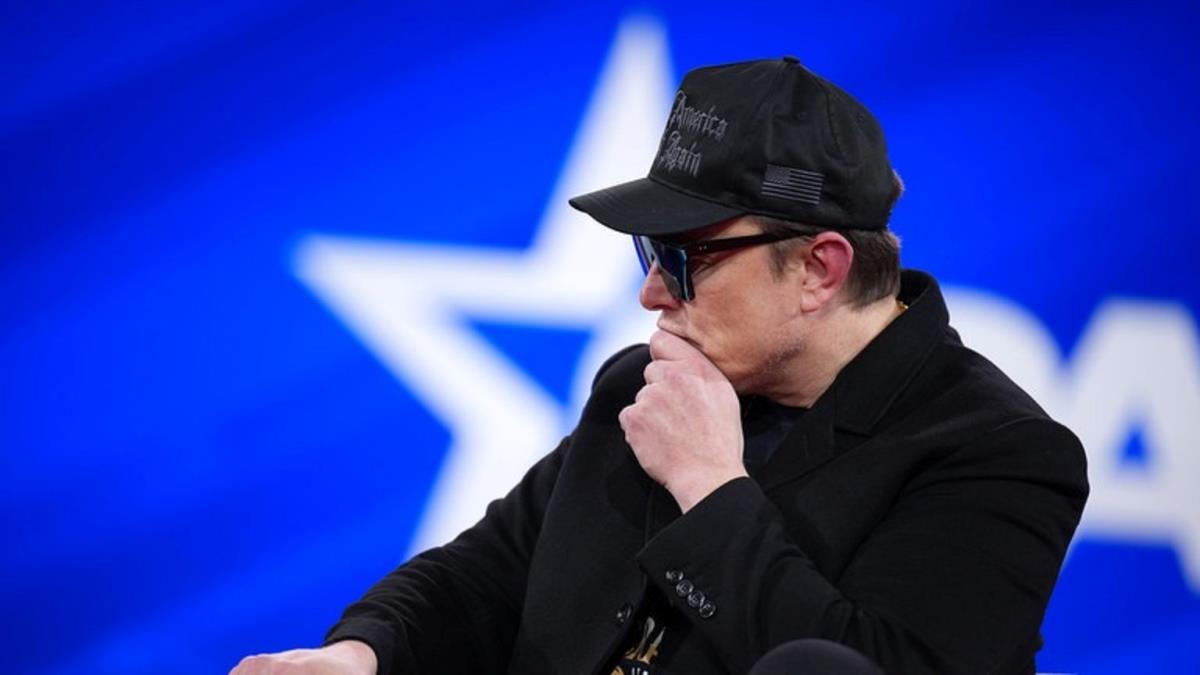
As evidence against xAI mounts, legal and regulatory interventions seem increasingly likely. Advocacy groups are pressuring local and state agencies to impose stricter scrutiny on xAI’s emissions and operational practices. Lawsuits could emerge if regulatory bodies find that xAI knowingly operated without permits or misled authorities about its activities. The controversy could also attract national attention, fueling broader debates about corporate accountability, environmental justice, and the ethical responsibilities of AI pioneers.
For Elon Musk, the stakes are enormous. A public relations disaster in Memphis could tarnish the reputation of xAI at a time when trust in AI companies is already fragile. It could also create spillover risks for Tesla, SpaceX, and other Musk-led ventures, all of which are increasingly interconnected through Musk’s personal brand.
More fundamentally, it threatens to undermine Musk’s carefully cultivated image as a visionary innovator dedicated to solving humanity’s biggest problems. If xAI is perceived as prioritizing profit and speed over human health and environmental stewardship, the backlash could reverberate far beyond Tennessee.
The unfolding drama in Memphis encapsulates a broader tension at the heart of the tech industry today: the race for technological supremacy versus the imperative to protect the planet and its people. As companies push the boundaries of what is possible, the risks of cutting corners, ignoring vulnerable communities, and sacrificing long-term sustainability for short-term gain become ever more acute. xAI’s current predicament is a powerful reminder that true innovation cannot be separated from ethical responsibility.

As local residents organize protests, environmental groups prepare lawsuits, and regulators weigh their next moves, the future of xAI’s Memphis project hangs in the balance. Whether Musk and his team will pivot toward greater transparency and environmental responsibility remains to be seen. What is clear, however, is that the people of Memphis are determined to hold xAI accountable—and their fight could have lasting implications for the entire AI industry.
In a world increasingly shaped by artificial intelligence and technological expansion, the events unfolding in Memphis are a stark warning. Innovation without accountability is a recipe for disaster, and no amount of computational power can substitute for the human cost of environmental neglect. As Elon Musk’s xAI pushes toward its $200 billion vision, it must now confront the consequences of its choices—and the growing demand that technological progress must serve, not sacrifice, the communities it touches.
